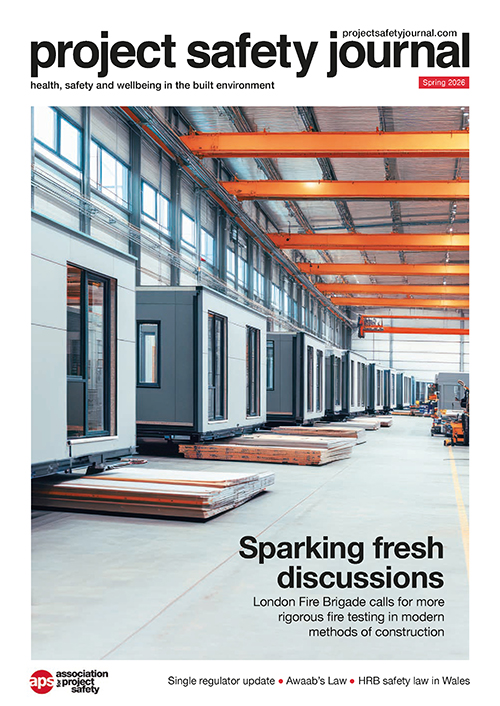
It’s that time again. A time for reflection, a matter of choices and inconvenient truths.
Seven years after the dreadful disaster of Grenfell, the final report was published on 4 September 2024. As expected, the blame fell on everyone, one way or another, with a large finger of blame pointed at the architect.
The recommendations lean heavily on more centralised government-led regulatory control. This is, of course, one way of improving how the industry works. But what of the work that has already been completed in anticipation of making fundamental changes to the behaviours of the constituent parts (partners?) that work together to create the built environment?
The investigation and recommendations of Dame Judith Hackitt, the work of BSI, the Working Groups, the three PASs published in 2022, the Building Safety Act 2022 (BSA) and the various regulations spawned by it – all have resulted in implementation programmes and the formation of organisations and schemes to meet the objectives identified in this myriad of proposals, guidance and regulation.
The inconvenient truth is that adding more red tape and bureaucracy will not and cannot improve competence and behaviours within the industry.
APS, and other professional bodies, have bitten the bullet and created competence schemes relating to the regulatory process in England. These are designed to improve competency for dutyholders created by the revised building regulations and introduce mechanisms for regular revalidation.
It is another inconvenient truth that take-up so far has been disappointing. Why should this be? There can only be one answer. Lack of support from those bodies whose objective is to improve industry competence as set out in BS 8670 and PASs 8671, 2 and 3. It is surely time for these agencies to reflect.
Changes under Labour?
The new Labour government has already lost the minister appointed to the building safety portfolio. A new building safety minister has been appointed, but will Angela Rayner step in as Ministry of Housing, Communities and Local Government (MHCLG) lead? How will MHCLG shape up with the Building Safety Regulator? Can we expect a political bunfight?
There are two things that ought to happen, which would help.
Firstly, MHCLG should take advice from building safety professionals. Organisations like APS, which has competence at front and centre, should be fully engaged in the conversation.
Secondly, and importantly: collaborate. The industry has seen itself in silos for far too long. And this means collaborating at all levels of involvement.
And that’s only England. There are another three versions of something similar on the horizon. To paraphrase what Ollie said to Stan: Here’s another nice mess you’ve gotten us into.
The good news… APS continues its quest to improve support for existing members in their careers, attract new members and re-engage with students and young professionals. As mentioned on p30, we will continue our excellent webinars, increase the training courses available and provide members with opportunities to maintain and demonstrate competence in their chosen field.
Andrew Leslie is interim CEO of the Association for Project Safety











